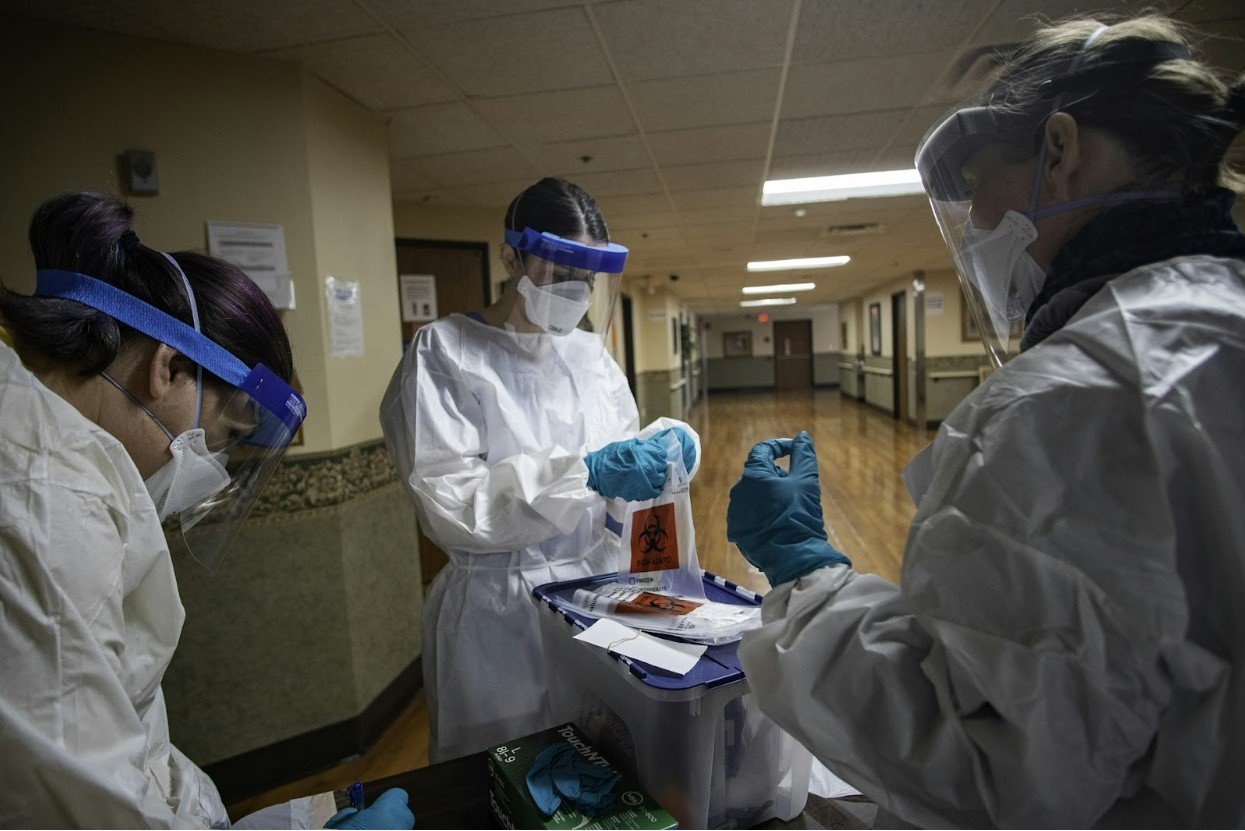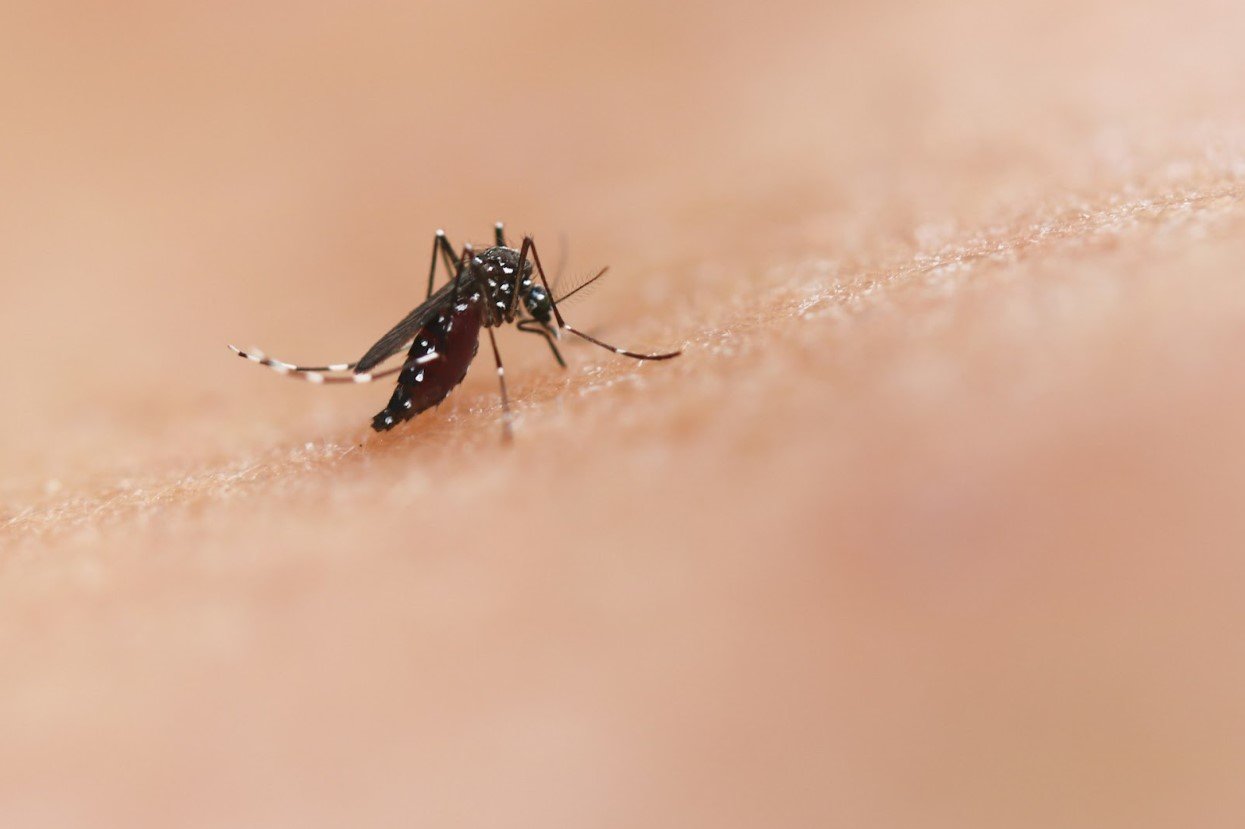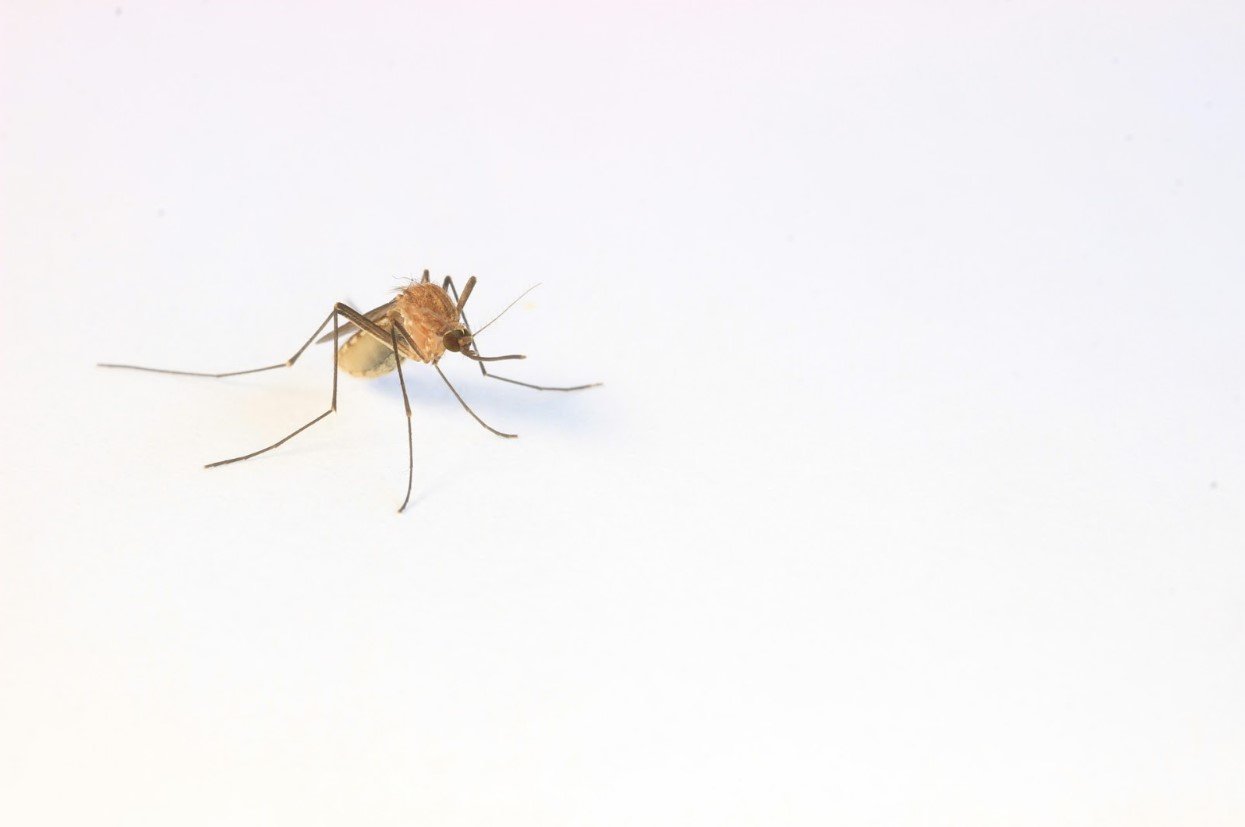Insect bites are a main cause of irritation in warmer weather, whether you’re trying to enjoy a picnic outside or simply get to sleep on a hot summer’s night.
Mosquito bites are a particular annoyance and are always best to be avoided. Now, though, it seems it’s more important than ever to protect yourself from bites.
Dengue Fever Is on the Rise

The Centers for Disease Control and Prevention (CDC) has recently issued a health advisory warning Americans of the increasing threat of dengue fever.
Instances of dengue fever, which is spread by mosquitoes, in the Americas have reached record levels, with more than 9.7 million infections reported so far this year.
What Is Dengue fever?

Dengue fever is a viral infection caused by four different, but closely related, viruses — dengue-1, dengue-2, dengue-3 and dengue-4.
The virus is most commonly found in tropical and subtropical regions. It isn’t spread person-to-person, so infected individuals are not contagious. Instead, it is spread to people by mosquito bites. Each year, up to 400 million people globally are infected by a dengue virus.
Why Is Dengue on the Rise?

One of the contributing factors to this rise in dengue fever is likely an increase in global temperatures, which allows mosquitoes to breed all year round.
According to Sharon Welbel, infectious disease physician at Cook County Health, hotter temperatures might also cause the virus that causes dengue fever to replicate faster, increasing the likelihood that a person is bitten by an infected mosquito.
Those Most Affected

Those who live in or travel to the areas where the viruses are most prevalent are most at risk of being bitten by a mosquito carrying a dengue virus.
So those who live in, or travel to, tropical and subtropical regions of Central America, South America, Southeast Asia, and the Caribbean are at the highest risk of becoming infected with dengue fever.
Those Most at Risk of Serious Illness

As with many other diseases, certain individuals may have more adverse reactions or be at a greater risk of serious medical conditions when infected with dengue than others.
Those with a weakened immune system, infants, adults over 65 and pregnant people are more vulnerable and at a greater risk of severe dengue fever.
Risks to U.S. Travellers

Dengue fever affects millions around the world each year, but these high figures in the Americas specifically are of particular concern.
The CDC reports that a “higher-than-expected number of cases have been identified among U.S. travelers.” With cases on the rise and summer vacation season in full swing, it’s important that travelers are properly informed as to the risk of dengue fever.
Dengue Fever Symptoms

Dengue fever can be asymptomatic, but many cases typically present with mild-to-severe flu-like symptoms. Symptoms usually occur within three days to a fortnight after exposure.
The most common dengue symptom is a fever, along with aches and pains (particularly joint pains, muscle pains and pain behind the eyes), nausea, vomiting and rash.
Preventing Dengue Fever

Dengue fever is spread by mosquito bites. As simple as it sounds, the easiest way to avoid dengue fever is just to avoid getting bitten by mosquitoes.
Using proper mosquito repellants, mosquito nets and wearing socks and clothes with long sleeves can all help prevent infection. There’s also a dengue vaccine recommended for use in children 9 through 16 who live in areas where dengue is common and have a confirmed previous dengue infection.
Dengue Fever Treatment

Unfortunately, there is no specific medicinal, antiviral treatment for dengue fever. Treatment instead consists of supportive care.
Those with dengue fever should get plenty of rest, stay well-hydrated and take Tylenol to control fever and relieve pain. Taking aspirin or aspirin-related products for pain relief isn’t advisable as it can increase the risk of internal bleeding.
If You Suspect Dengue, See a Doctor

Dengue fever symptoms typically subside within a week or so. However, one in 20 people, usually the more vulnerable, develop severe dengue.
If you suspect you have dengue fever symptoms, especially if you’ve traveled abroad, it’s always best to visit a doctor — especially if you’re immunocompromised or in some other way vulnerable.
A Growing Concern

Travelers should always be aware of the risk of diseases when they visit other countries, particularly insect-borne diseases.
These rising figures for dengue fever infections mark a significant increase, as infections are almost double what they were last year. This appears to be yet another consequence of rising global temperatures, albeit a lesser thought about one.
